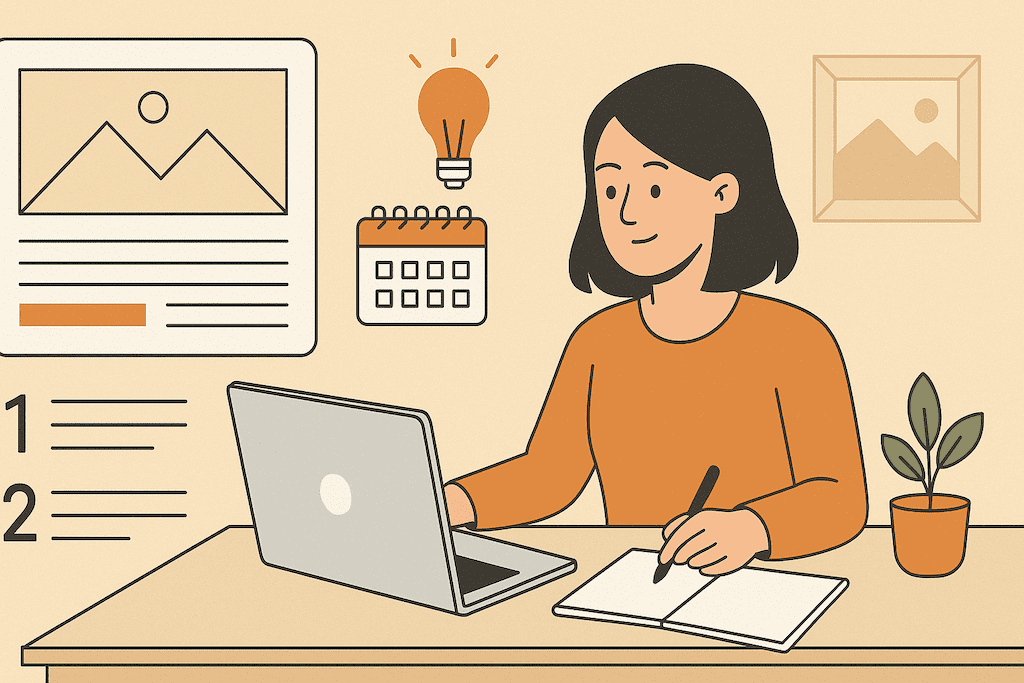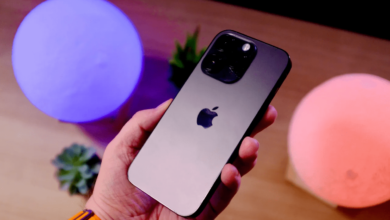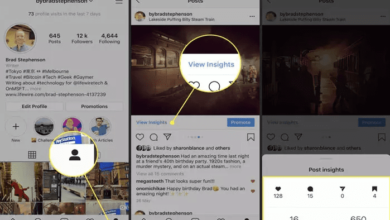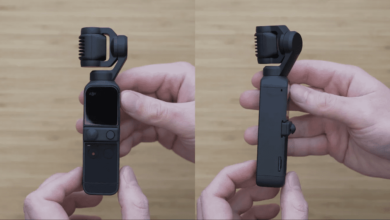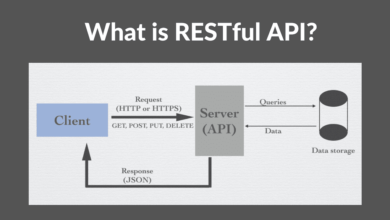3 Simple Tips to Follow When Starting a Blog
If you’ve ever thought about starting a blog, you’re not alone. Most of us reach that point where ideas start swirling in our heads — stories to tell, lessons to share, things we’ve learned the hard way. The tricky part is often knowing where to begin. Do you just buy a domain and start typing? Or is there more to it?
There is, of course. But it doesn’t have to feel overwhelming. In fact, if you get a few fundamentals right at the start, the rest tends to flow more naturally. Here are three simple (but powerful) tips that can help you start off strong — and avoid the burnout that traps most beginner bloggers.
And if you’re looking for the full step-by-step guide, you might want to check out our detailed post on how to start a blog. It covers everything from platform setup to SEO and content strategy — this article will help you focus on the mindset and early groundwork.
1. Find your niche and make it personal
Every good blog starts with a clear purpose — a niche, a point of view, a reason for someone to read your work. It’s easy to say, but much harder to define when you’re just starting out. The temptation to cover “everything” can be strong, but focus wins every time.
Start by thinking about what you already know and care about. Maybe you’re a designer who loves talking about creative process. Or perhaps you’re a traveller who finds meaning in slow journeys, not just destinations. Whatever it is, your niche should feel like something you can talk about endlessly without getting bored.
Now, here’s the catch: avoid overly saturated topics unless you can bring a new twist. For example, “how to make money online” is so overdone that unless you’ve lived something unique, it’s tough to stand out. Instead, look for an angle that combines your experience with something relatable — maybe “how to build freelance income from small-town India” or “blogging while working full-time.” That specificity is gold.
If you’re not quite sure how to narrow it down, this guide on how to find your blogging niche walks you through practical ways to identify what sets you apart. It dives deeper into research, competition gaps, and audience discovery — things most people skip, but shouldn’t.
And one more thought — your niche doesn’t need to stay frozen forever. It can evolve. Many great blogs started as personal diaries and turned into full-scale brands. The important thing is to start from a place of genuine interest.
2. Learn before you leap — webinars, workshops, and mentors
Here’s a truth that most “quick start” guides skip: blogging isn’t just writing. It’s half craft, half learning curve. The people who make it big didn’t just stumble into it — they studied, experimented, and stayed curious.
That’s where online webinars and workshops come in. They’re not just marketing gimmicks; they’re opportunities to see how the best in the industry think. Platforms like HubSpot and Udemy offer sessions on SEO, content marketing, and branding that are worth your time.
Attending these events does two things. One — it accelerates your understanding of what works. Two — it builds your network before you’ve even published your first post. You start meeting people who are a few steps ahead, who can share insights or even become long-term collaborators.
And if we’re honest, blogging can be lonely sometimes. Connecting with others reminds you that everyone starts messy. The first few months feel like talking into a void — but if you have a support system, you’ll stick with it longer.
If you’re unsure where to find these communities, look into topic-based groups on platforms like Reddit or professional circles on LinkedIn. There’s always someone willing to share advice if you ask sincerely.
3. Build your network early (and nurture it)
Once your blog goes live, the hardest thing is getting people to actually see it. But here’s the secret: your audience doesn’t just appear — you build it, one person at a time. That’s why networking is as crucial as writing itself.
Start by identifying where your potential readers already hang out. Are they in travel forums? Tech communities? Minimalist lifestyle groups? Join those spaces — not to promote immediately, but to listen, contribute, and understand what they care about.
Engage genuinely. Comment on others’ content. Share useful insights. Be human — not a self-promotion bot. Over time, people start noticing your voice, and when you finally share your blog link, they’ll be far more likely to click and care.
You might find it helpful to read this related post: how to build your blog network. It offers practical ideas on collaboration, partnerships, and even small ways to make your name known without feeling pushy.
And yes, staying active can feel draining, but you don’t have to be online 24/7. A good mobile setup helps — with social apps, newsletters, and maybe a productivity tool like Notion or Trello to keep your content pipeline organised. Just make sure to set boundaries. The goal isn’t to “be everywhere,” it’s to be consistent where it counts.
Bonus thought: stay curious and flexible
I think one of the biggest misconceptions about blogging is that you need to have it all figured out before you begin. The truth is, you’ll learn most of it by doing. You’ll write things that flop, tweak headlines that don’t convert, and still — every so often — publish something that resonates deeply with someone you’ve never met. That moment makes it worth it.
So yes, attend the workshops. Learn from mentors. Build your community. But also leave room for experimentation. There’s no single formula that works for everyone — that’s both the challenge and the beauty of blogging.
Final word
Blogging for beginners is part art, part persistence. It’s an investment — of your time, energy, and curiosity. You may spend weeks writing your first few posts, tweaking layouts, and trying to understand analytics that make little sense at first. But that’s okay. It’s all part of it.
If you take nothing else from this article, take this: your blog doesn’t have to be perfect — it just has to be yours. Start small. Learn constantly. And when you’re ready for the full roadmap (tech setup, SEO, monetisation, and all the rest), you can head over to the complete beginner’s guide on how to start a blog.
Everything else? It comes with time. You’ll see.

